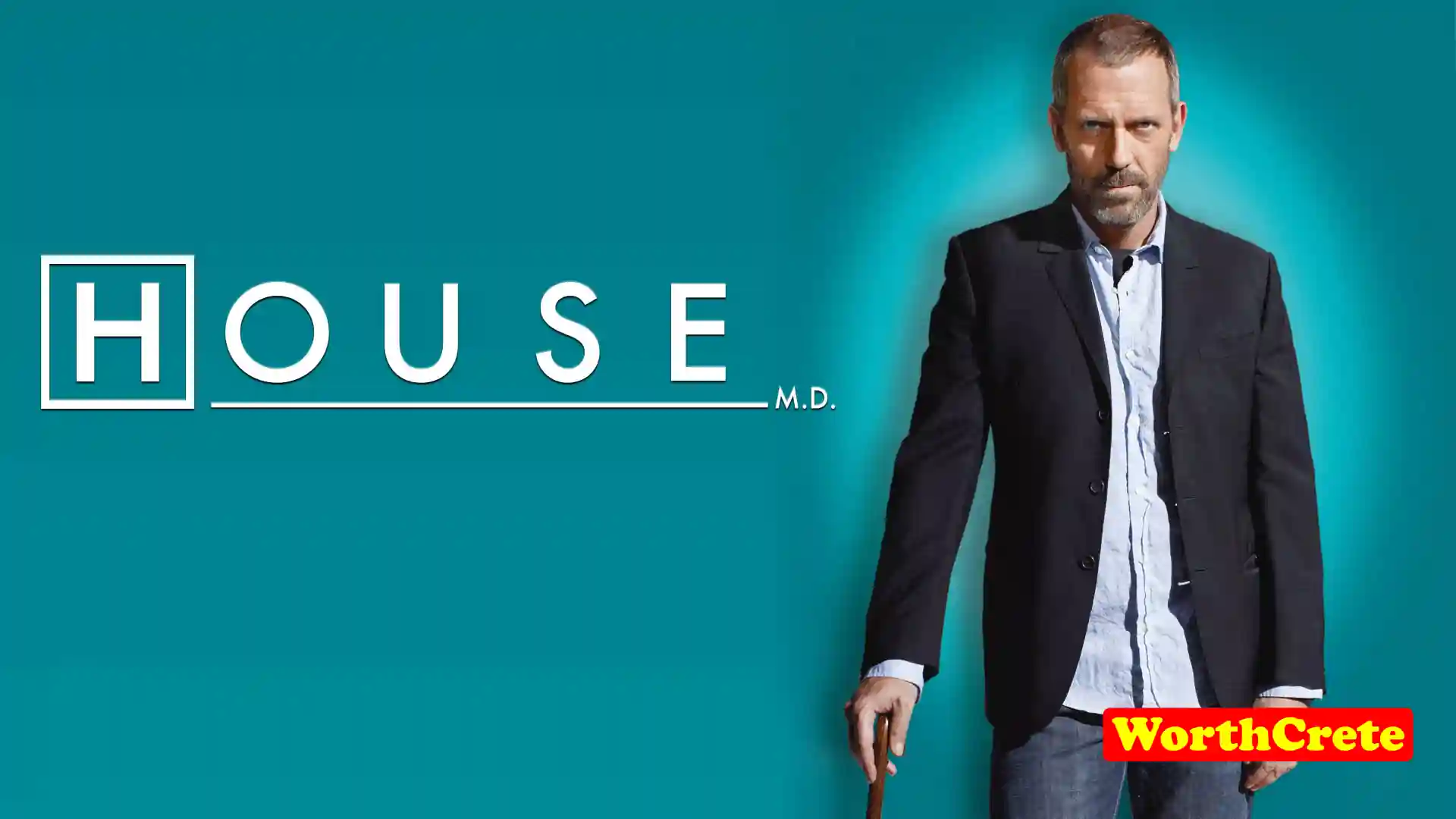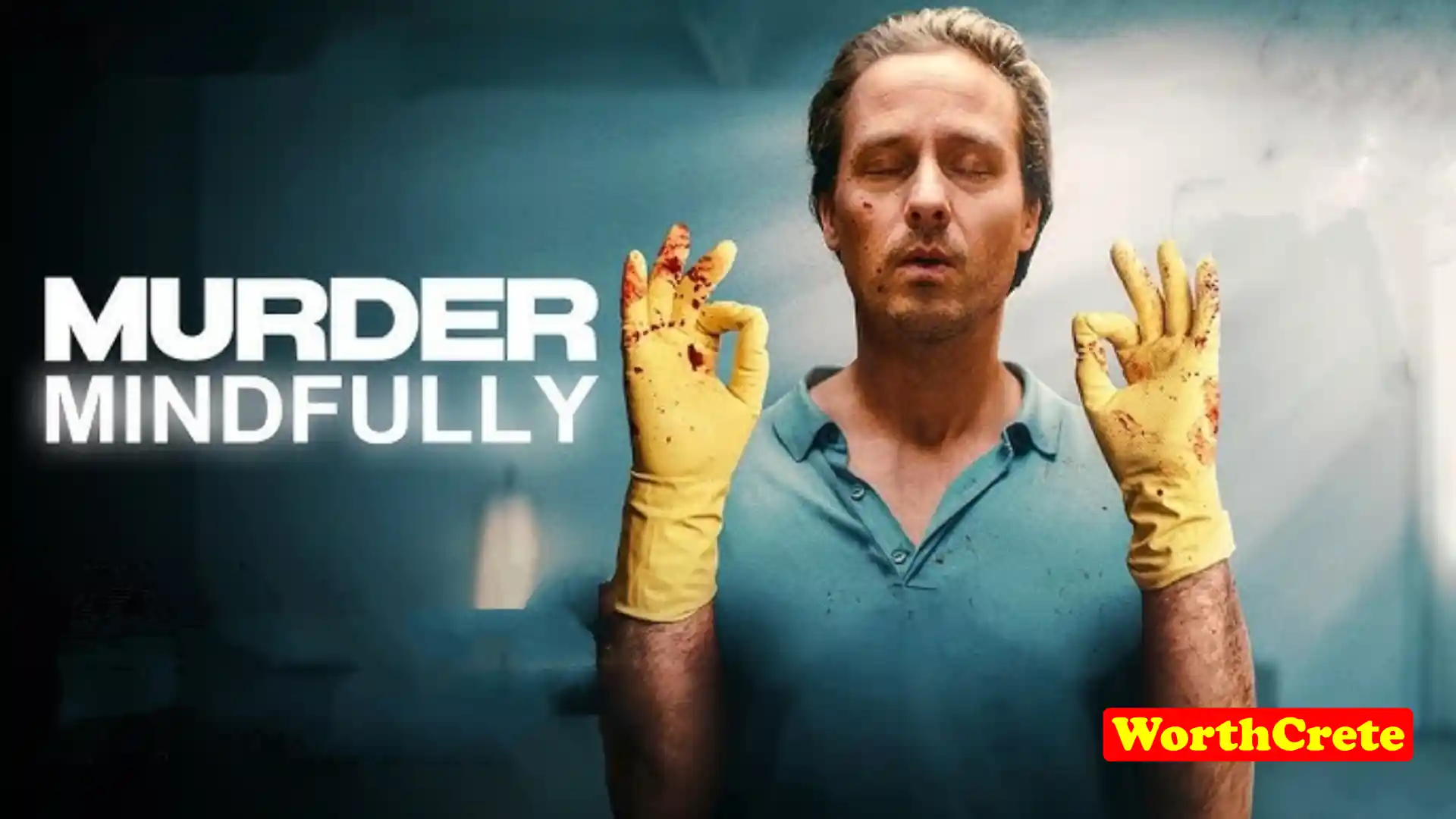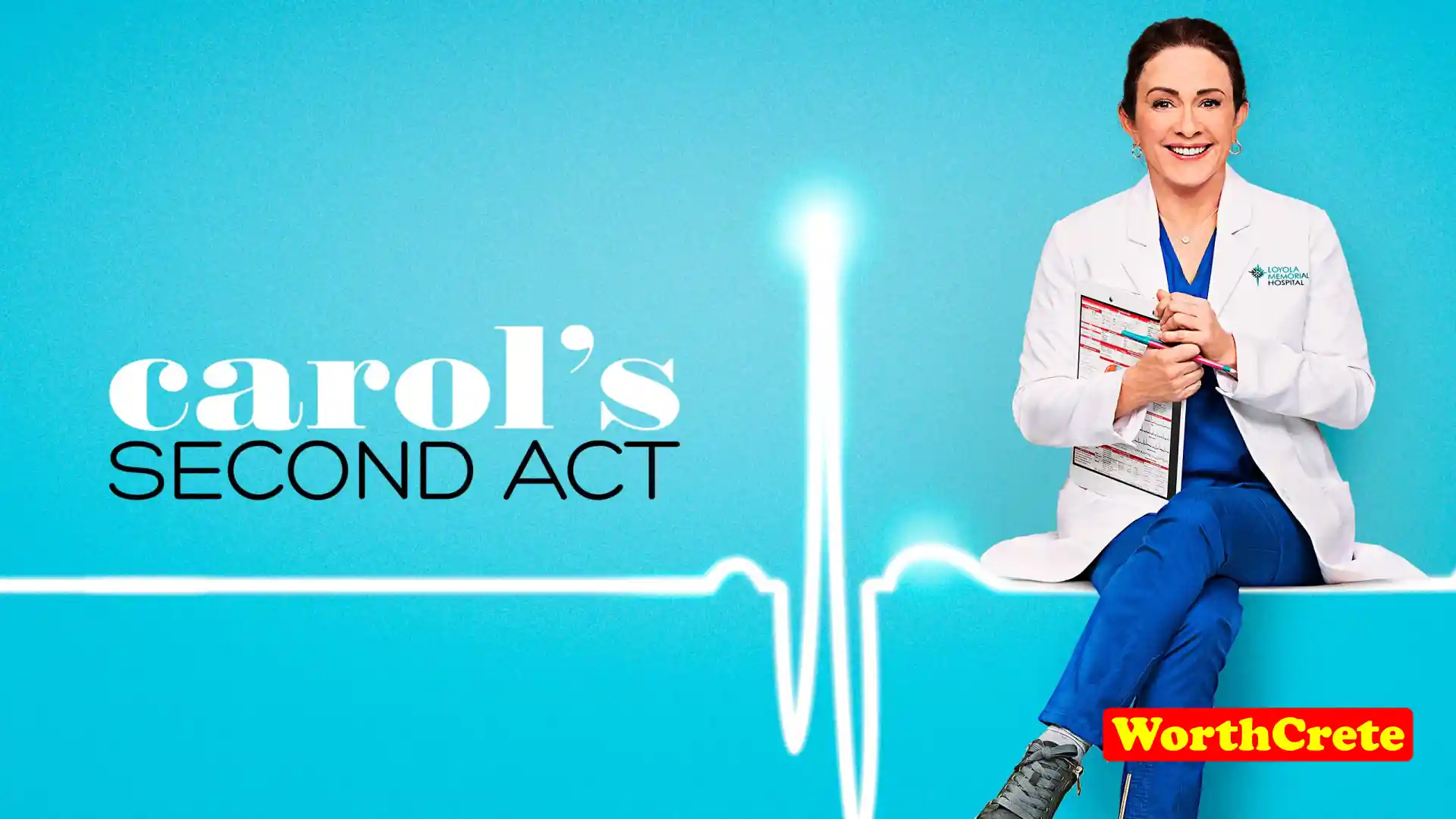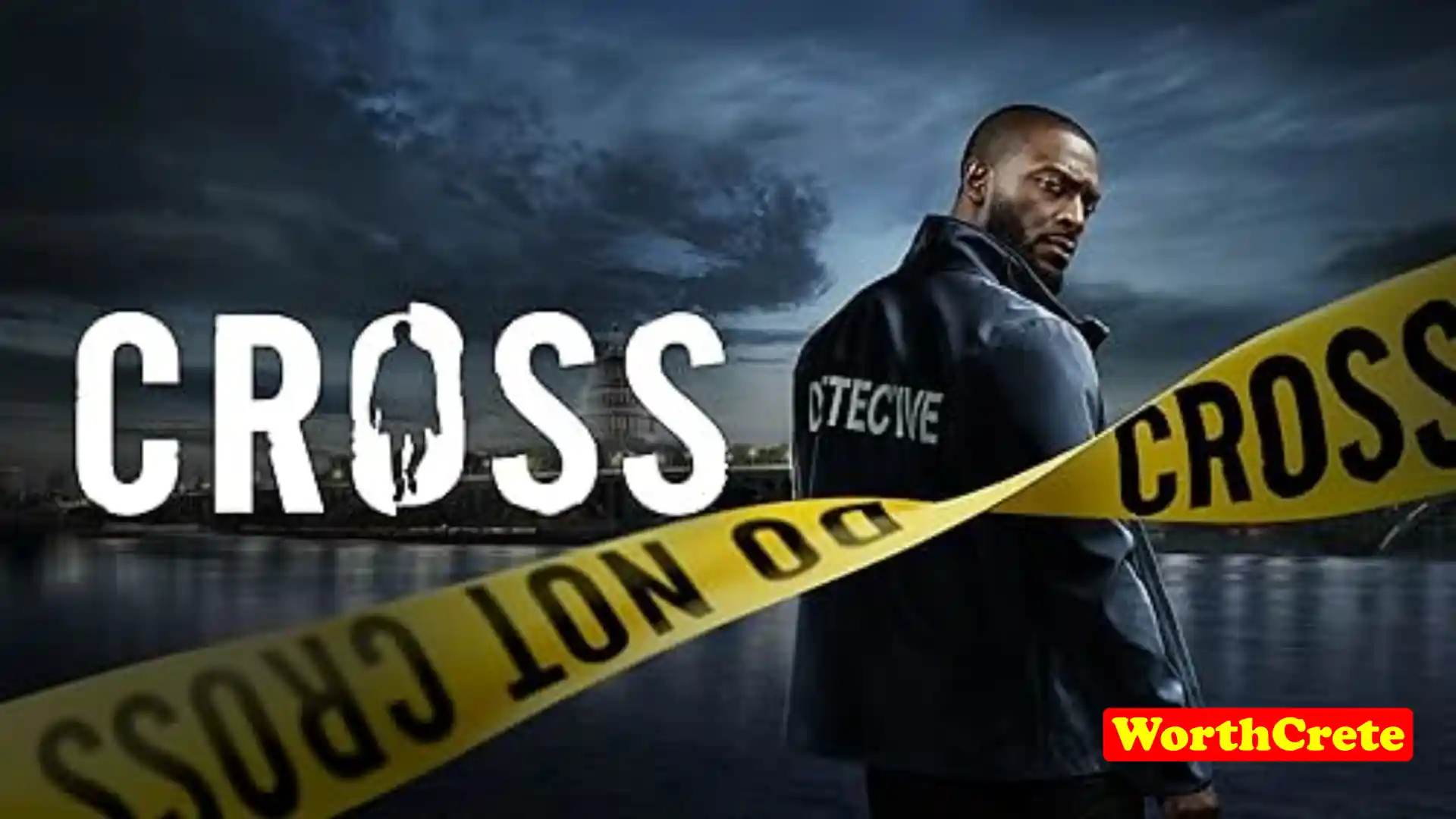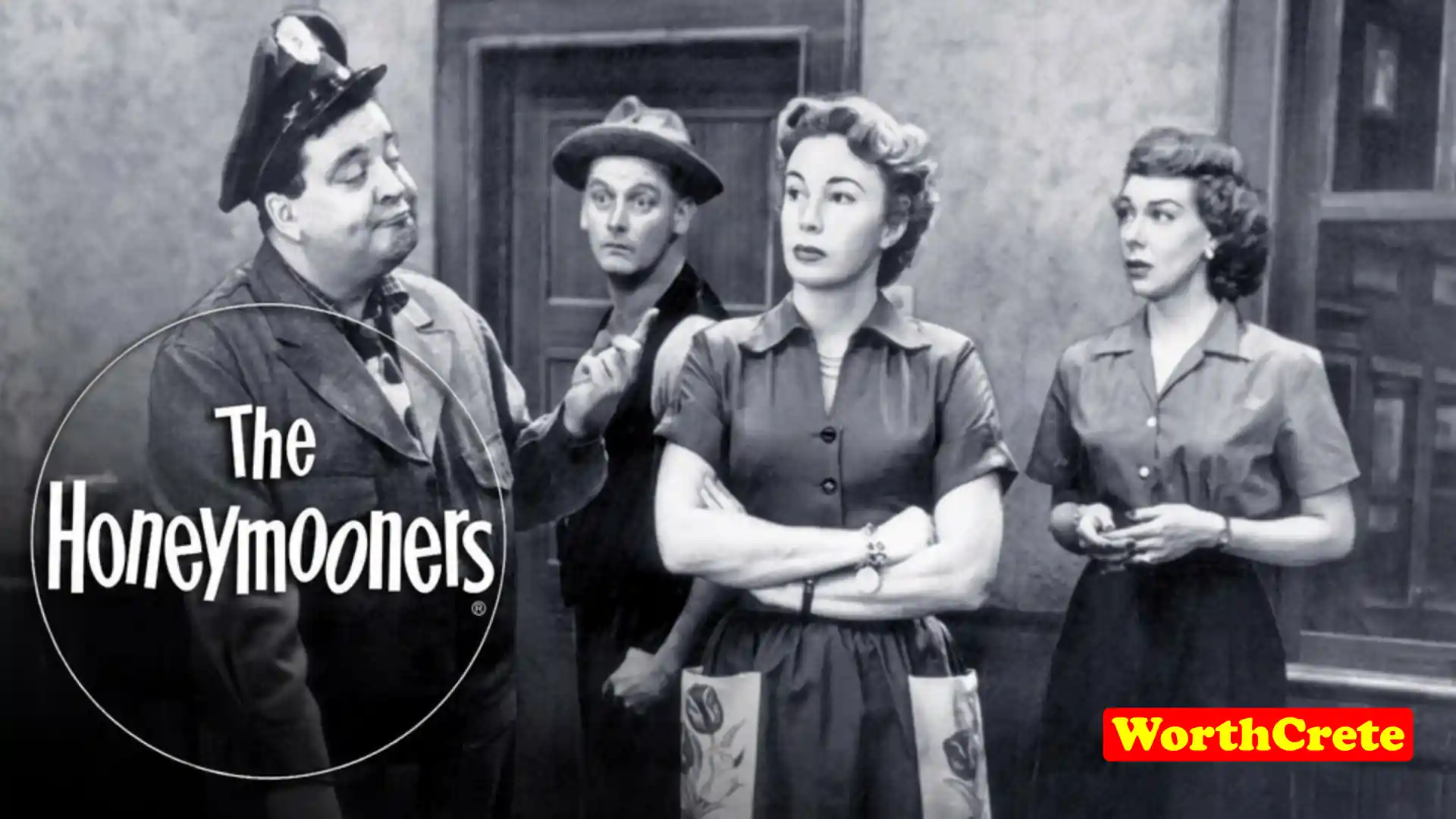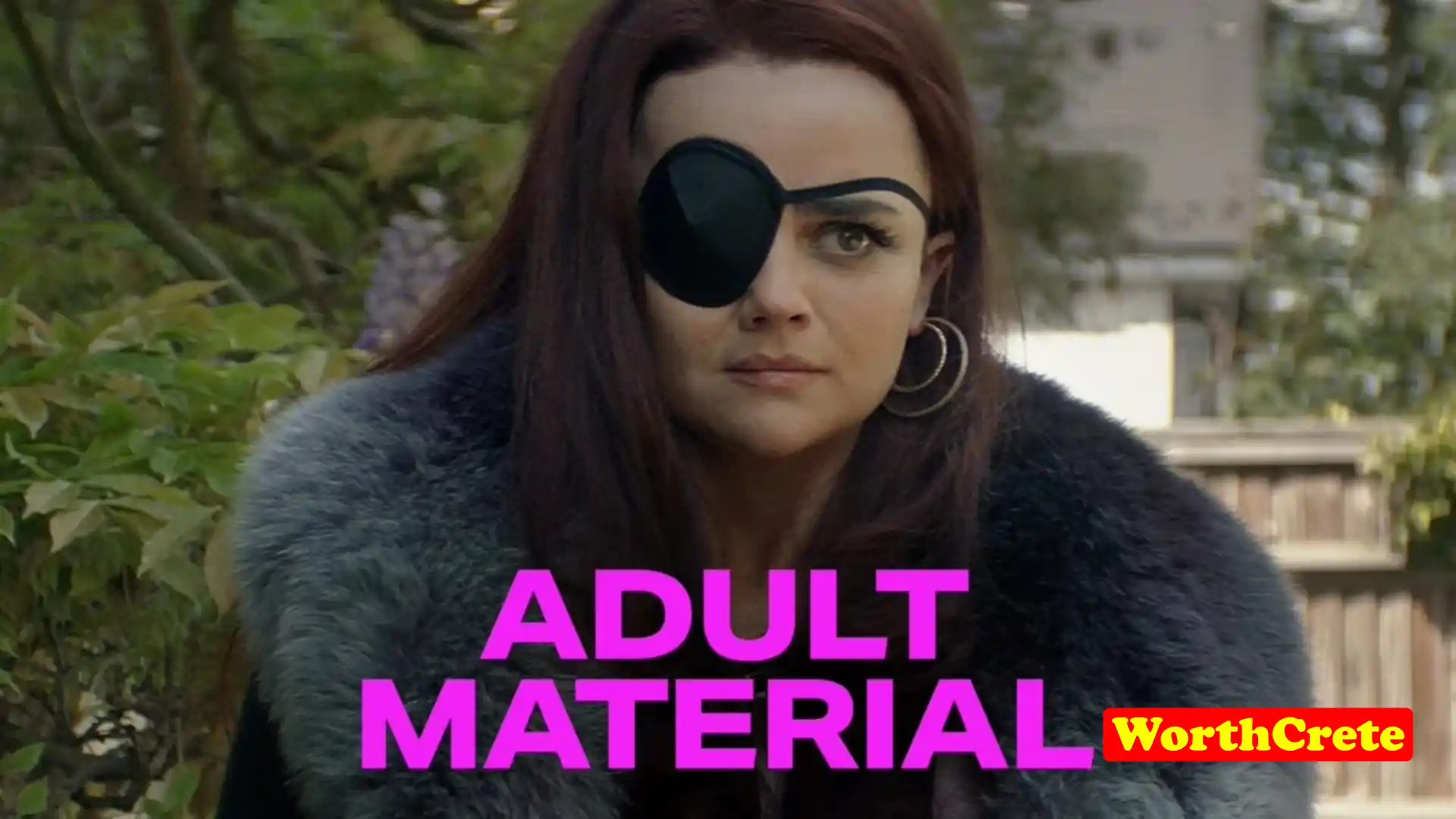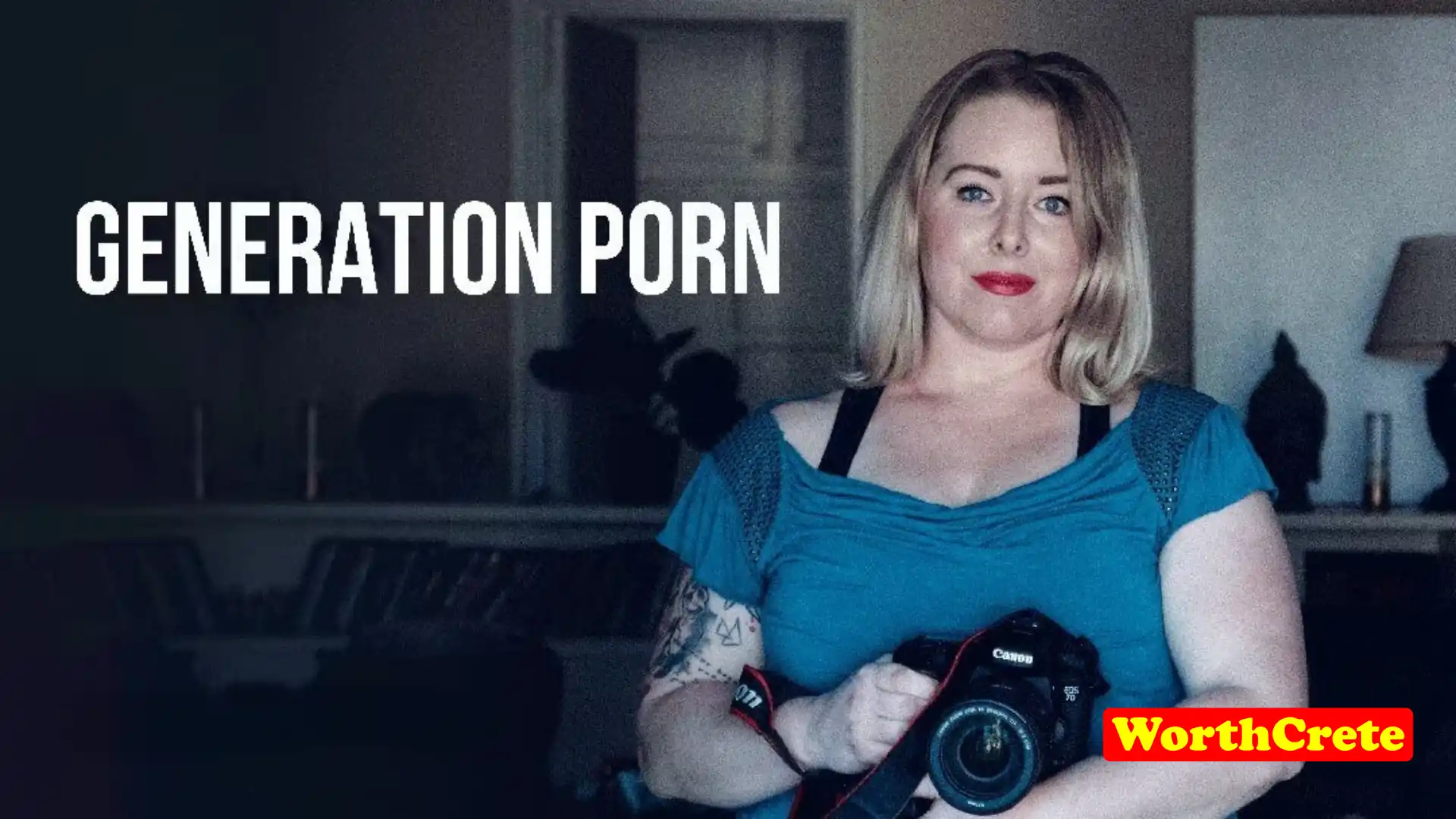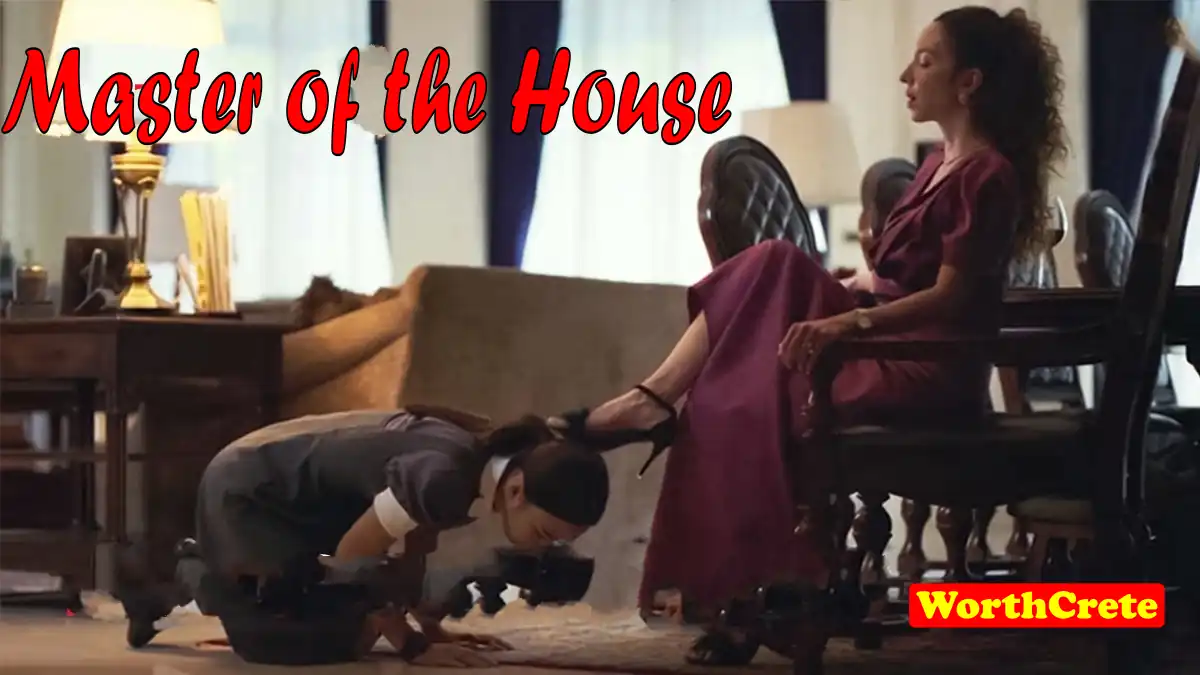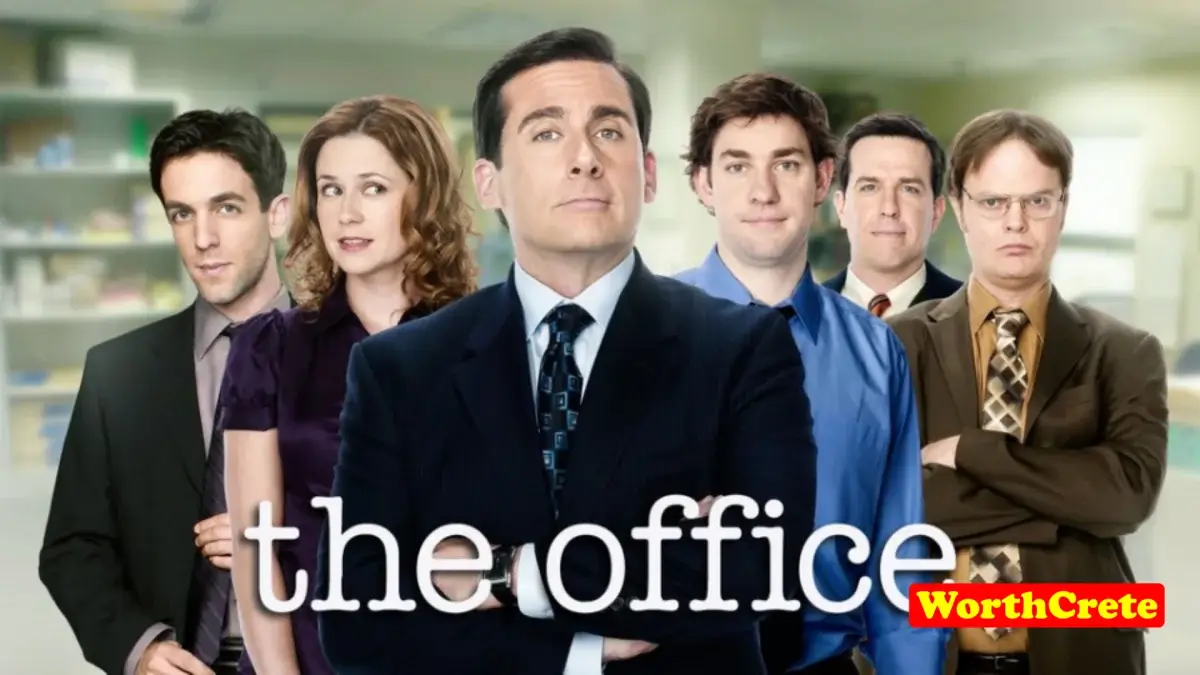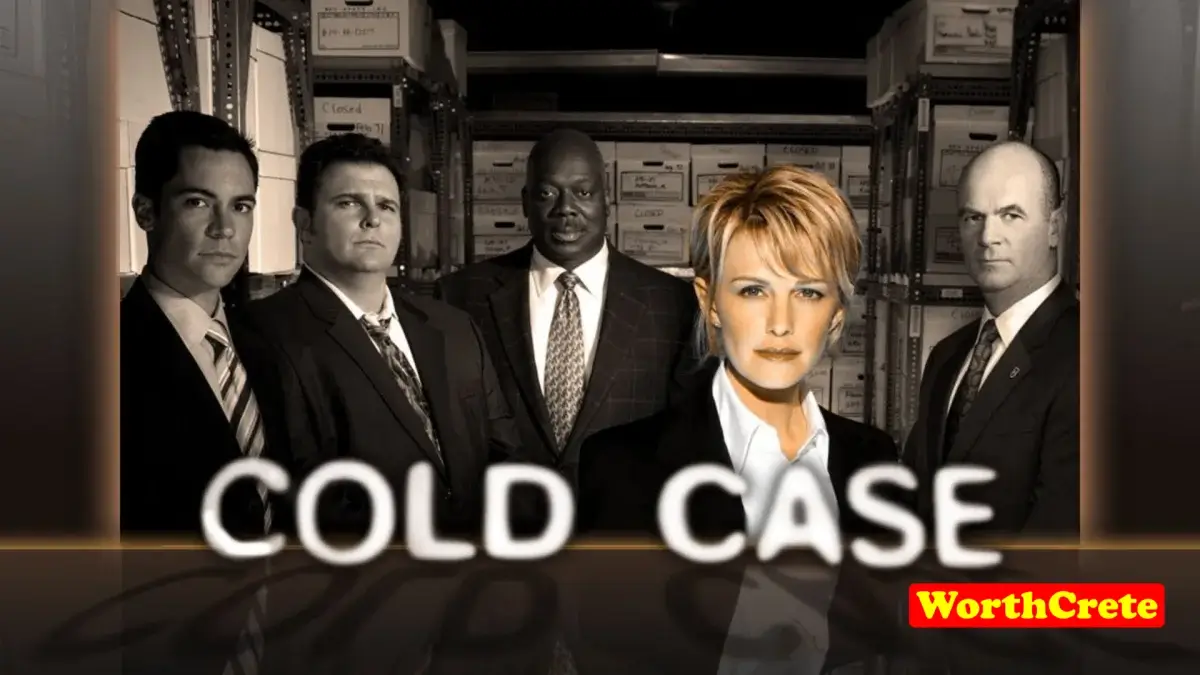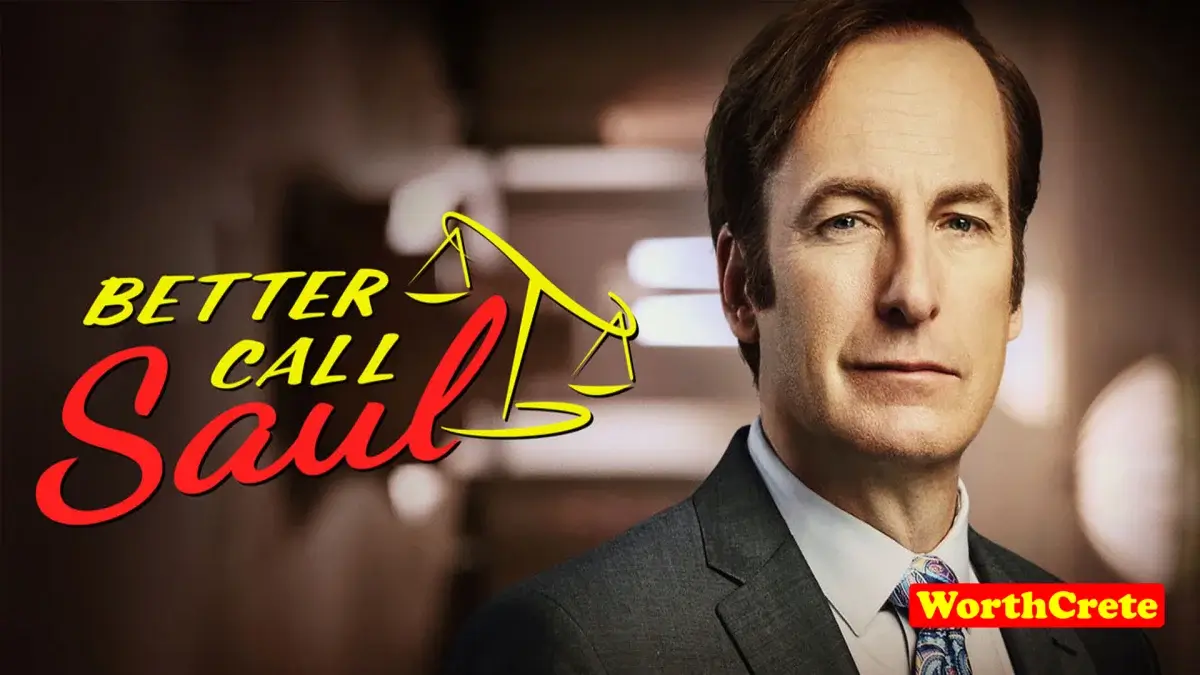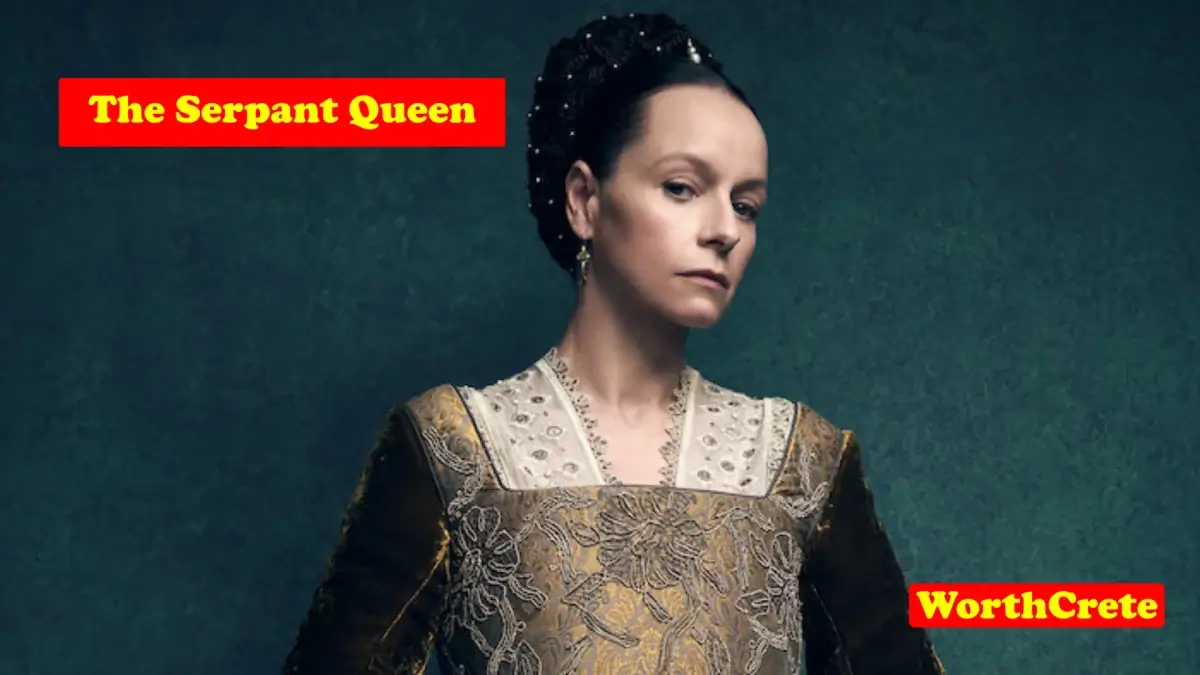House is a medical drama television series that aired from 2004 to 2012. The show follows Dr. Gregory House, a brilliant but unconventional diagnostician at Princeton-Plainsboro Teaching Hospital. House is known for his sharp wit, cynicism, and reliance on Vicodin to manage chronic leg pain.
Each episode typically features a mysterious medical case that stumps other doctors. House and his team take on these challenging diagnoses, often using unconventional methods. His team includes Dr. Allison Cameron, Dr. Robert Chase, and Dr. Eric Foreman, who each bring different perspectives to the cases.
House’s approach often clashes with hospital administration, particularly his boss and friend, Dr. Lisa Cuddy. Despite his abrasive personality, House’s genius saves countless lives. The show explores themes of morality, ethics, and the limits of medical science.
Throughout the series, House’s personal struggles are a major focus, including his addiction, loneliness, and strained relationships. His only true friend is Dr. James Wilson, an oncologist who often serves as his moral compass. The dynamic between House and Wilson is a central element of the show.
The series blends medical mysteries with dark humor and emotional depth. House’s iconic catchphrase, “Everybody lies,” reflects his distrust of patients and his reliance on objective evidence. The show’s unique storytelling and Hugh Laurie’s standout performance made it a critical and commercial success.
In later seasons, House faces professional and personal crises, including the dissolution of his team and legal troubles. The series finale sees him faking his death to escape his struggles, leaving Wilson to spend his remaining months with him. The show leaves House’s ultimate fate ambiguous, staying true to its complex and unpredictable nature.
House MD – TV Series – Trailer
House MD – TV Series – Season 1 – Summary
Dr. Gregory House is a brilliant but misanthropic diagnostician at Princeton-Plainsboro Teaching Hospital. He leads a team of young doctors, including Dr. Allison Cameron, Dr. Robert Chase, and Dr. Eric Foreman. House’s unconventional methods and disregard for rules often put him at odds with his colleagues, especially Dr. Lisa Cuddy, the hospital’s administrator.
House’s only friend is Dr. James Wilson, an oncologist who tolerates his abrasive personality. House relies on his team to solve medical mysteries when patients present with baffling symptoms. His philosophy is that “everybody lies,” and he often uncovers hidden truths to diagnose illnesses.
Throughout the season, House battles chronic leg pain from a past infarction, leading to a Vicodin addiction. His physical and emotional struggles add depth to his character. The cases range from a kindergarten teacher with hallucinations to a dying infant, testing the team’s skills and ethics.
Personal dynamics unfold as Cameron develops feelings for House, Chase pursues casual relationships, and Foreman clashes with House over moral boundaries. The season finale reveals a shocking twist: a former patient’s suicide forces House to reconsider his approach to medicine and life.
House MD – TV Series – Season 2 – Summary
House’s second season delves deeper into the complexities of Dr. Gregory House’s personal and professional life. The team continues to tackle baffling medical cases, often relying on House’s unorthodox methods. His reliance on Vicodin and his cynical worldview remain central to his character, but cracks in his armor begin to show.
The dynamic between House and his team—Foreman, Chase, and Cameron—evolves as they challenge his decisions more frequently. Foreman, in particular, clashes with House over ethical boundaries. Cameron’s unresolved feelings for House add tension, while Chase struggles with his own moral compass.
A major storyline involves Stacy Warner, House’s ex-lover, who reenters his life due to her husband’s medical crisis. Their complicated history forces House to confront his past and his lingering emotions. The season explores themes of regret, forgiveness, and the limits of human connection.
House’s friendship with Wilson remains a cornerstone of the series, balancing humor and emotional depth. Wilson often acts as House’s moral anchor, though he isn’t immune to House’s manipulations. Their banter provides levity amid the intense medical dramas.
The season finale leaves House at a crossroads after he is shot by a disgruntled patient’s husband. The cliffhanger raises questions about his future, both professionally and personally, setting the stage for Season 3. The medical mysteries remain gripping, but it’s the characters’ growth—and flaws—that drive the narrative forward.
House MD – TV Series – Season 3 – Summary
In season 3 of House M.D., Dr. Gregory House returns to Princeton-Plainsboro Teaching Hospital after his forced hiatus, but his reinstatement comes with conditions. He must attend therapy sessions with Dr. Lisa Cuddy and reduce his Vicodin intake. Meanwhile, his team—Foreman, Chase, and Cameron—face their own challenges, both professionally and personally.
The season opens with House solving a case from a prison, where he’s serving time for contempt of court. After his release, he dives back into diagnostics, tackling bizarre medical mysteries. One notable case involves a man who believes he’s an angel, while another features a patient whose symptoms mimic those of House’s leg injury, forcing him to confront his own pain.
Relationships take center stage as Foreman considers leaving the team, leading to tension with House. Cameron and Chase’s romantic involvement complicates their dynamic, especially when Chase’s loyalty to House is tested. Meanwhile, Cuddy struggles to balance her professional responsibilities with her personal life, including her desire to adopt a child.
The season’s climax revolves around a bus crash that leaves House with temporary amnesia. As he pieces together his identity, his team works on a critical case without him. The finale sees Foreman officially resigning, Chase being fired for siding with House over Cuddy, and Cameron quitting in solidarity. House is left alone, facing an uncertain future as his team disbands.
Throughout the season, House’s brilliance and self-destructive tendencies clash, revealing deeper layers of his character. His interactions with patients and colleagues highlight his relentless pursuit of truth, even at the cost of personal relationships. The season ends on a dramatic note, setting the stage for major changes in House’s professional life.
House MD – TV Series – Season 4 – Summary
In Season 4 of House M.D., the narrative takes a sharp turn as Dr. Gregory House fires his original diagnostic team—Foreman, Chase, and Cameron—after they defy his orders. Left without a team, House holds a grueling competition to select new fellows from a pool of eager applicants. The selection process is unconventional, with House testing candidates through bizarre challenges, psychological games, and medical puzzles, revealing their strengths and flaws.
The season introduces several new characters, including the sharp but insecure Dr. Chris Taub, the eccentric Dr. Lawrence Kutner, and the brilliant but socially awkward Dr. Remy “Thirteen” Hadley. A standout addition is Dr. Amber Volakis, nicknamed “Cutthroat Bitch” for her ruthless ambition. The dynamics between the new team members are tense, with rivalries and alliances forming as they compete for House’s approval.
The medical cases remain complex, often mirroring the personal struggles of the characters. One notable episode involves a patient with a rare condition that forces House to confront his own fears of losing his independence. Meanwhile, the original team members navigate their post-House lives—Foreman struggles in private practice, Chase returns to his playboy ways, and Cameron grapples with her unresolved feelings for House.
A major arc in the season involves House’s relationship with his best friend, Dr. James Wilson. Their bond is tested when Wilson begins dating Amber, creating tension between the two men. The season takes a dark turn in the two-part finale, where House and Wilson are involved in a bus crash. House hallucinates while trapped in a collapsing building, leading to a shocking twist—Amber was on the bus and dies from her injuries. The revelation devastates Wilson, who blames House for her death.
The season ends on a somber note, with House and Wilson’s friendship fractured. The new team is left uncertain about their future, while House himself is forced to confront the consequences of his actions. The storytelling remains sharp, blending medical mysteries with deep character exploration, making Season 4 one of the most emotionally impactful installments of the series.
House MD – TV Series – Season 5 – Summary
House’s team undergoes changes in Season 5 as Amber Volakis and Lawrence Kutner leave. Amber dies in the bus crash aftermath from Season 4, leaving Wilson devastated. Kutner’s sudden suicide shocks everyone, especially House, who struggles to understand why.
Thirteen takes a leave of absence to deal with her Huntington’s disease, leaving the team short-staffed. House hires Dr. Remy “Thirteen” Hadley back temporarily but continues to manipulate her personal struggles. Taub faces marital issues and considers an affair, adding tension to his character.
House and Cuddy’s relationship becomes more complicated. They share moments of intimacy but remain emotionally distant. House’s Vicodin addiction worsens, affecting his judgment. He hallucinates at times, blurring reality and fantasy.
A notable case involves a psychic patient who claims to see the future. House, ever the skeptic, clashes with her beliefs but eventually uncovers a medical explanation for her visions. Another episode features a prisoner with a mysterious illness, forcing House to work within strict restrictions.
The season finale, “Both Sides Now,” explores House’s hallucinations after mixing medications. He envisions a reality where he and Cuddy are happily together, only to crash back into the harsh truth. The season ends with House checking into a psychiatric hospital, finally confronting his mental health.
House MD – TV Series – Season 6 – Summary
House returns to Princeton-Plainsboro Teaching Hospital after spending time in a psychiatric facility. He is on probation and must follow strict rules, including attending therapy sessions with Dr. Nolan. His team now consists of Taub, Kutner’s replacement Dr. Chris Taub, and Dr. Remy “Thirteen” Hadley, along with Dr. Eric Foreman.
House struggles to readjust to his old life, balancing his addiction issues and his need to solve medical mysteries. He clashes with Cuddy, who is now his boss and romantic interest. Their relationship becomes increasingly complicated as House’s self-destructive behavior threatens their dynamic.
The season explores House’s psychological state, delving into his hallucinations and emotional instability. A major arc involves him treating a teenage patient, Hannah, who helps him confront his own fears and vulnerabilities. Meanwhile, Thirteen deals with her Huntington’s disease diagnosis, adding emotional depth to the season.
House’s friendship with Wilson is tested when Wilson starts dating a woman named Sam. House interferes, causing tension between them. The season finale sees House making a drastic decision—faking his own death to escape his problems, leaving his colleagues and friends in shock.
Throughout the season, medical cases challenge the team, but the focus remains on House’s personal struggles. His journey is darker and more introspective, showing his constant battle between genius and self-sabotage. The season ends on a cliffhanger, setting up major changes for the next chapter.
House MD – TV Series – Season 7 – Summary
In season 7 of House M.D., the dynamics at Princeton-Plainsboro Teaching Hospital shift as House and Cuddy finally take their relationship to the next level. After seasons of tension, they begin dating, and House shows a softer, more vulnerable side. However, his self-destructive tendencies and inability to fully change create friction.
The medical cases remain complex, with House’s team tackling bizarre diagnoses while navigating personal struggles. Taub deals with his failing marriage and the consequences of his infidelity. Thirteen, struggling with Huntington’s disease, grapples with her mortality and takes a leave of absence. Foreman steps into a more authoritative role but clashes with House over leadership styles.
The season takes a dark turn when Cuddy breaks up with House after he drives his car into her dining room in a fit of rage. This act of recklessness sends House spiraling, leading to a breakdown. The season ends with him checking into a psychiatric hospital, leaving his future uncertain. The team is left to wonder if he’ll ever return—or if he even wants to.
House MD – TV Series – Season 8 – Summary
House’s final season begins with him in prison after driving his car into Cuddy’s house. He serves five months before being released under the condition that he attends therapy and stays sober. Wilson, now his only real friend, helps him adjust but is dealing with his own crisis—he has cancer and only about five months to live.
House returns to Princeton-Plainsboro under Foreman’s leadership, now the dean of medicine. The team has changed, with Chase leading diagnostics and new members like Adams and Park joining. House struggles to reconnect with medicine, often clashing with Foreman over his methods. His relationship with Wilson becomes the emotional core of the season as he tries to help his friend through his illness.
House’s old habits resurface—he manipulates, lies, and bends rules to solve cases. His dynamic with the new team is tense, as they question his ethics but respect his brilliance. Meanwhile, Wilson tries to make the most of his remaining time, pushing House to be a better person. The two share moments of dark humor and genuine friendship, highlighting their bond.
As Wilson’s health declines, House becomes increasingly desperate. He fakes his own death in a fire to escape legal troubles and spend Wilson’s final days with him. The series ends with House and Wilson riding off on motorcycles, embracing whatever time they have left together. It’s a bittersweet conclusion, emphasizing loyalty and the complexity of their friendship.
























